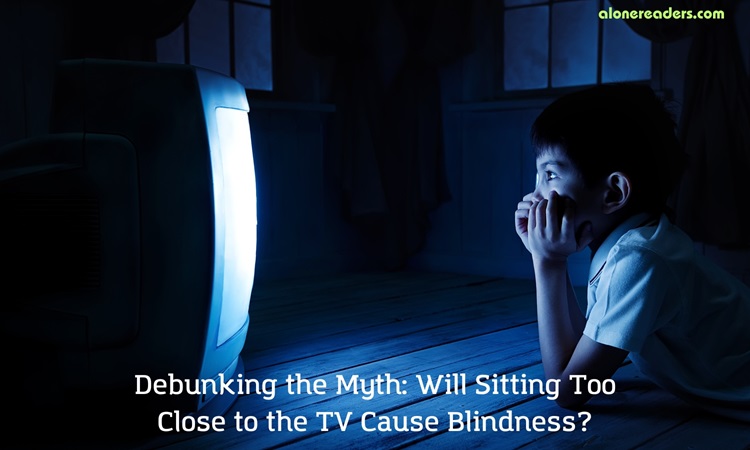
For generations, parents have warned children not to sit too close to the television, claiming that it could lead to blindness. This belief has become a staple of modern parenting advice. However, as technology evolves and scientific understanding deepens, it's important to re-examine these age-old adages. This article aims to explore whether sitting too close to the TV truly poses a risk to our vision.
The myth that sitting too close to the TV can cause blindness likely originated in the early days of television. Older television sets, particularly those manufactured before the 1950s, emitted higher levels of radiation due to less advanced technology. Concerns were legitimate at that time, but modern televisions are designed with stringent safety standards, significantly reducing radiation emissions.
Modern televisions, including LCD, LED, and Plasma screens, emit very low levels of electromagnetic radiation, far below the threshold considered harmful to humans. These levels are strictly regulated by international safety standards to ensure they pose no health risk, including to the eyes. The radiation emitted is primarily light, necessary for viewing the images, and is not harmful in the context of causing blindness.
While radiation from TVs is not a concern, eye fatigue from prolonged screen time is a valid issue. Staring at a screen for extended periods can cause the eye muscles to tire, leading to symptoms like eye strain, dry eyes, and temporary blurry vision. This phenomenon is not exclusive to TVs but is also applicable to other digital screens like computers and smartphones.
The discomfort caused by prolonged screen time is typically temporary and can be alleviated by resting the eyes. There is no scientific evidence to suggest that these temporary effects lead to long-term vision damage or blindness. However, it's essential to practice good screen habits, such as taking regular breaks, to prevent discomfort and maintain overall eye health.
Children are often found sitting closer to the TV than adults, a habit that has contributed to the perpetuation of this myth. This proximity is usually due to their better ability to focus at close distances without straining their eyes. While this does not cause harm to their vision, it's important to encourage healthy viewing distances and habits for overall well-being.
Experts recommend maintaining a healthy distance from the television, which is typically three times the diagonal measurement of the screen. For example, for a 40-inch TV, a distance of 120 inches (or 10 feet) is advisable. Additionally, following the 20-20-20 rule (looking away from the screen every 20 minutes, at something 20 feet away, for 20 seconds) can help reduce eye strain.
In conclusion, the claim that sitting too close to the TV can cause blindness is a myth rooted in historical context but irrelevant with modern television technology. While prolonged screen time can cause temporary discomfort due to eye fatigue, there is no evidence that it leads to long-term vision damage or blindness. It remains important, however, to practice healthy screen habits for overall eye health and comfort. As technology and lifestyles continue to evolve, so should our understanding of health and safety practices.